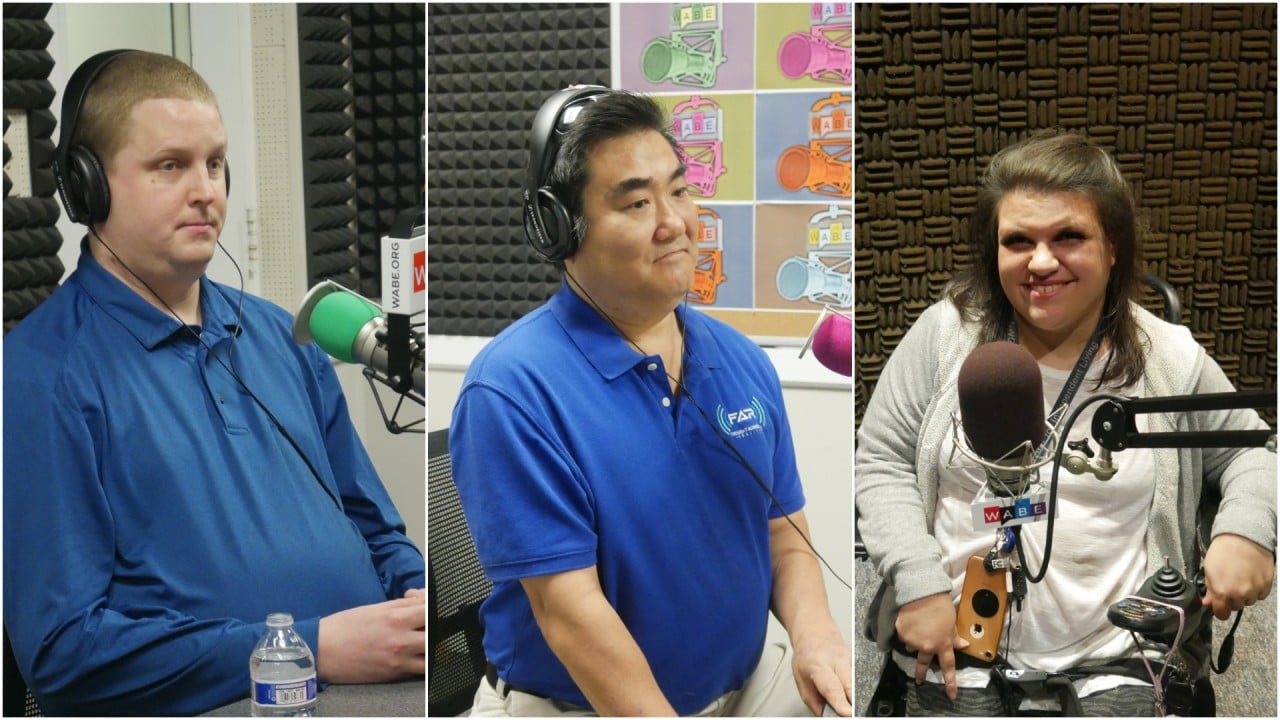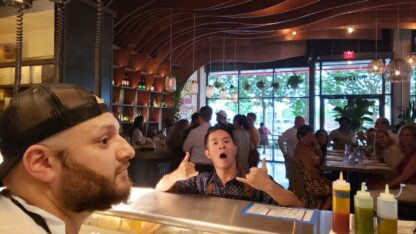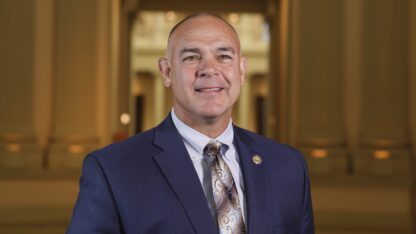In 1990, the Americans with Disabilities Act was passed to prohibit “discrimination and ensure equal opportunity and access for persons with disabilities.” As the “Closer Look” series, “Gridlocked: What’s Moving Atlanta?” continues, we speak to a roundtable of local advocates for a conversation about paratransit services and the state of accessible transportation options for those with disabilities.
David Furukawa, an advocate for the visually impaired; Jordan Hall, Mobility Coordinator for Statewide Independent Living Council; and Adam Hinchliffe, Manager of Executive Affairs for the Center for the Visually Impaired, joined the show to talk about these issues.
On inclusion for all within public transit:
“On the surface, there’s always plans on paper that says we’re going to be all-inclusive for all transit customers,” Hinchliffe said. ” In reality, I think, people with disabilities, especially those people who experience different levels of vision loss, may have a very different experience when riding different modes of transit.”
“Typically, when people are assessing the safety of something, they’ll think about one disability or one factor, or they’ll think specifically about visual impairment or a wheelchair user,” Hall said. “There [are] some individuals with disabilities that have both those issues or more.”










